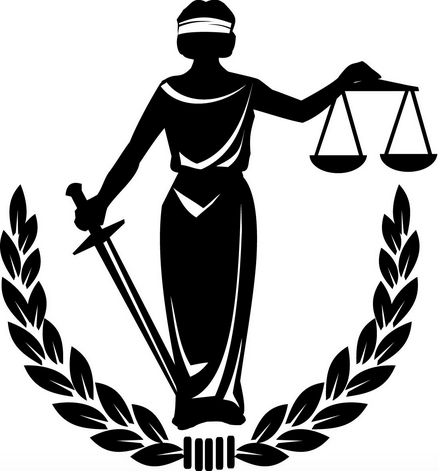WASHINGTON — Tuesday’s report by The New York Times that President Trump asked James B. Comey, then the F.B.I. director, in February to drop the investigation into his former national security adviser, Michael T. Flynn, has fueled accusations that the White House is obstructing justice.
Senator Christopher S. Murphy, Democrat of Connecticut, wrote on Twitter: “Just leaving Senate floor. Lots of chatter from Ds and Rs about the exact definition of ‘obstruction of justice.’”
Mr. Trump abruptly fired Mr. Comey last week, and later told NBC News that he was thinking about the F.B.I.’s investigation into contacts between his campaign associates and Russia, which he has derided as fake news, when he did so. (The investigation into Mr. Flynn is separate but related.)
Mr. Trump also then appeared to threaten Mr. Comey in a post on Twitter. After a report that Mr. Trump had asked Mr. Comey whether he was loyal to him, the president said Mr. Comey “better hope that there are no ‘tapes’ of our conversations.”
Did Trump Violate His Oath of Office?
The reporting so far indicates that Mr. Trump did not violate any criminal laws concerning the disclosure of classified material. The president’s ability to classify national security information flows from his constitutional powers as commander in chief. That means, in short, that he gets to determine what is classified in the first place and he may — even on a whim — lawfully declassify it or share it with whomever he sees fit. Even where the president’s conduct does potentially involve violating the law — as with allegations that he obstructed justice by asking F.B.I. Director James Comey to drop an investigation — the preliminary question is still political and not legal: the president must be impeached before he can be indicted.
The question of criminality, however, is by no means the only issue here.
Mr. Trump is reported to have disclosed national security information of profound consequence: that relating to the sources of intelligence and methods of its collection. “Sources and methods,” as it’s known in the intelligence community, is especially crucial because it relates not only to the substance of intelligence, but also to the manner in which it was obtained. When this kind of information is revealed, the nation may no longer be able to use this method of collection in the future, with long-term security consequences.




